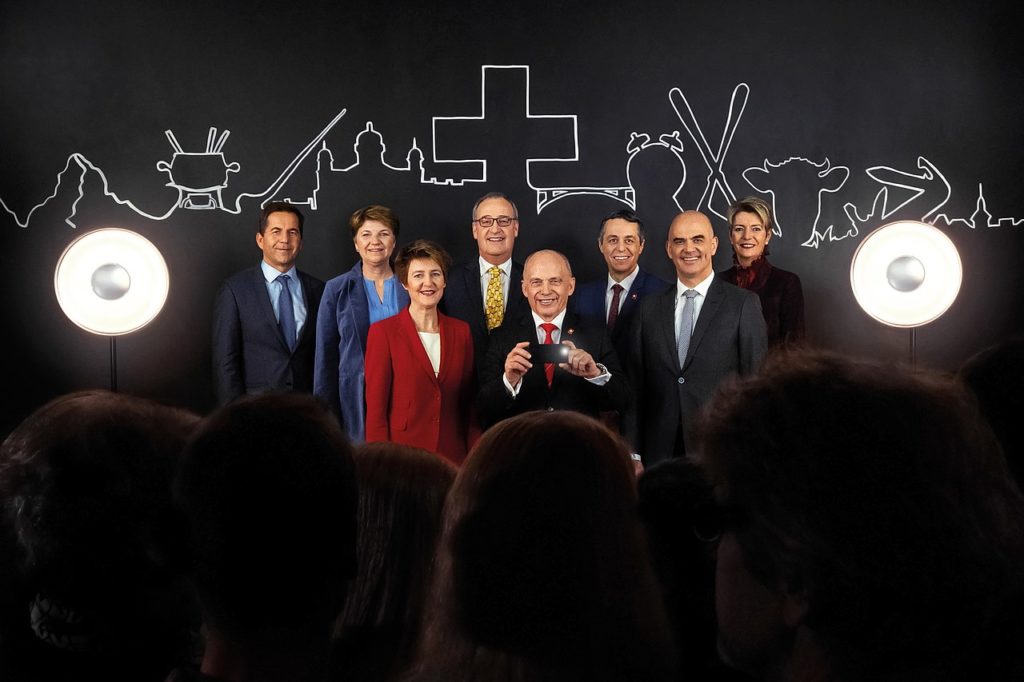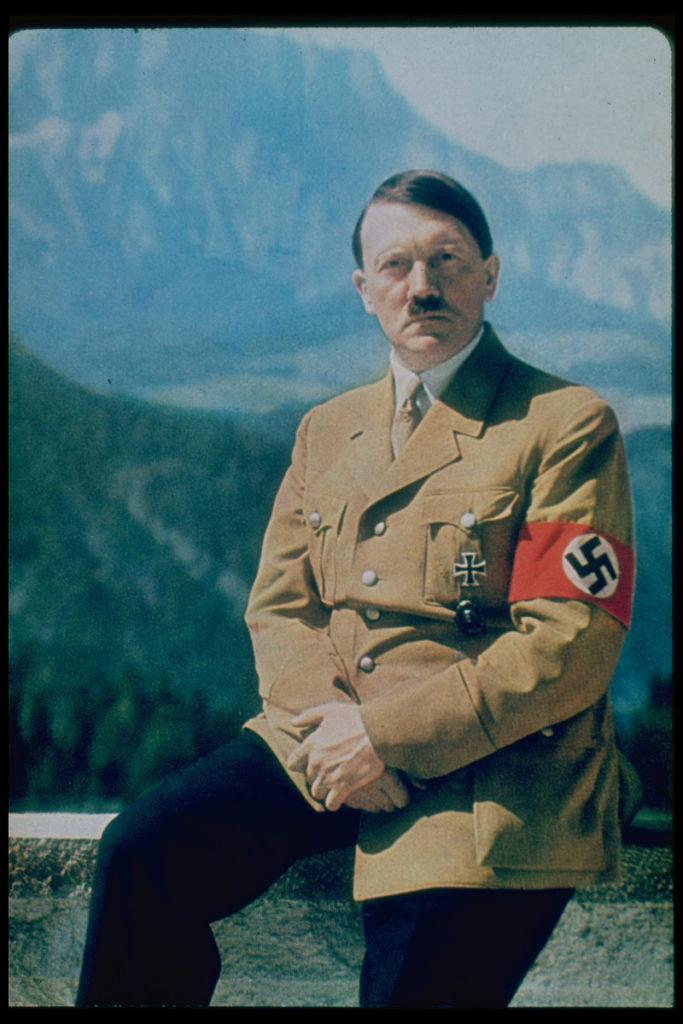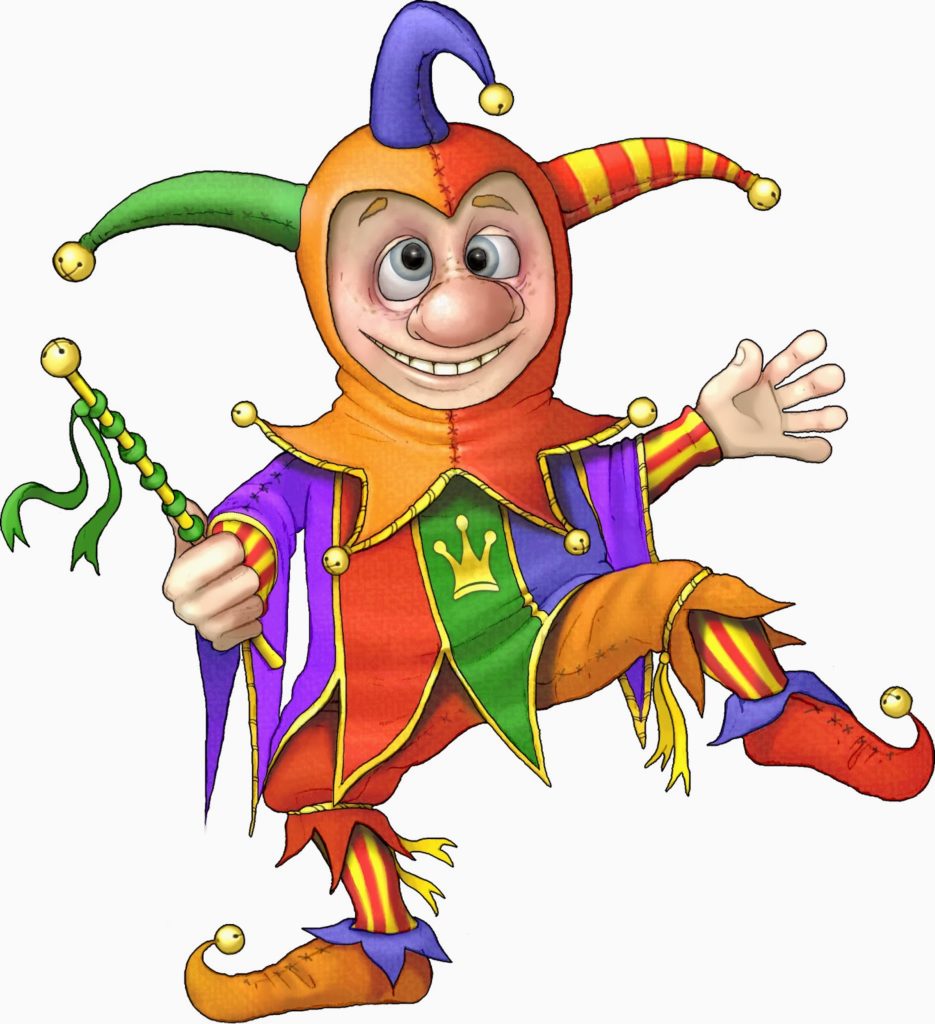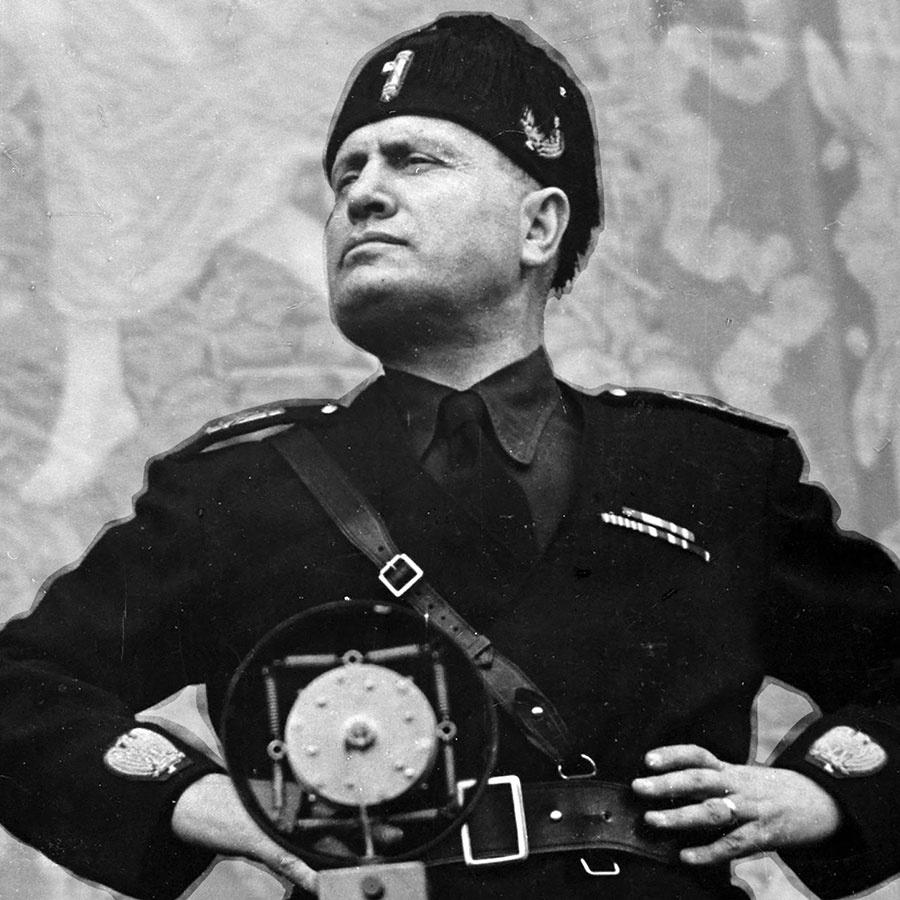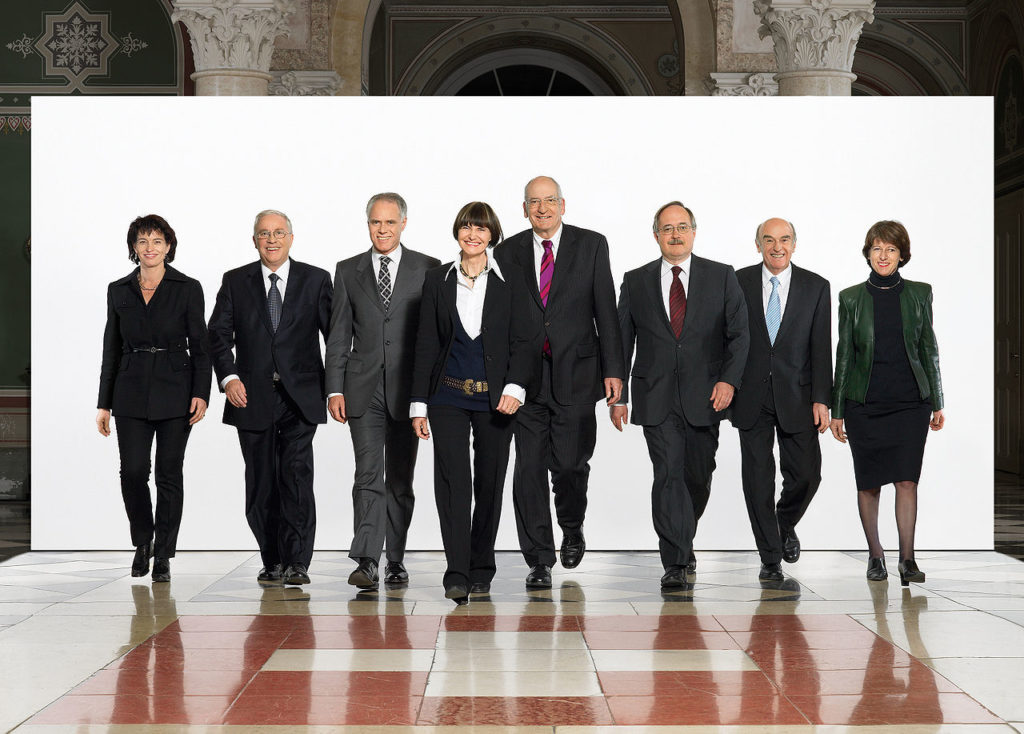It seems to be a widespread, if not a universal, belief that liberal democracy, by which is meant that everyone is entitled to vote, is the best form of government. This may very well be true for a small community of about 150 persons, where everyone knows everyone else. But it certainly is not true for great masses of people — voting in the thousands and millions. Such voting is beyond the competence of the majority of people.
Where such mass voting takes place, the overwhelming majority of those elected are either rich or the friends of the rich. Why? Because it takes money to persuade masses of people how to vote through advertisement and other forms of mass persuasion.
Take as an example the Congress of the United States. Most of these representatives are very rich or are, in fact, millionaires. So it is also in every country which has a parliament.
Now almost all countries have either a President — elected by the masses, and/or a Prime Minister — elected by rich parliamentarians. In either case, both a President and a Prime Minister express the interests of the rich. I know … I know . . . There is always something which is called a Labor Party, or a Socialist Party, or, as in the United States, the myth that the Democratic Party represents the workers. No such thing. They all represent the interests of the rich.
This is almost inevitable because of mass democracy. Propaganda always wins elections. The question is: who controls the propaganda? And the answer is — the rich.
And what kind of rule do the rich like? They like the rule of a single individual — either a President or a Prime Minister. In addition to already working for the rich, such “leaders” can also be bribed or threatened — both domestically and by foreign powers. I look upon both a President and a Prime Minister as Democratic Dictators. For the most part — at least in theory — their powers are prescribed. But under some circumstances they can become a Mussolini, a Hitler, or an Abraham Lincoln in which, because of real or invented threats to the national interest, Habeas Corpus is suspended, and martial law prevails — making the Democratic (faux or limited) Dictator into the full blown real Dictator.
What lesson am I trying to impart? First, that mass democracy does not work for the poor classes. Second, if you do use mass democracy, use it as the Swiss do. Don’t elect a President or a single Prime Minister — elect — what amount to — seven co-equal Prime Ministers, representing different parties and different interests.

